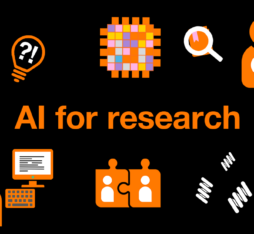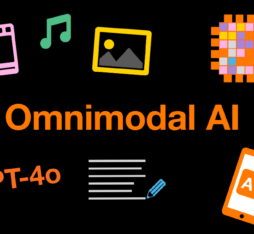• Some of these could be addressed by machine psychology, a new approach that integrates principles from the psychology of learning into adaptive systems.
• In his recent computer science dissertation, clinical psychology researcher Robert Johansson has investigated the possibility of developing AI systems capable of human-like relational reasoning.
How would you define artificial general intelligence (AGI) and why do you believe that psychology should be an essential aspect of AI?
refers to general purpose artificial intelligence systems with human-like cognitive capabilities that enable them to apply the same algorithms in different contexts. Unlike specialist or narrow AIs that are trained to perform specific tasks, AGI systems can learn and continually adapt to new contexts, just as humans can.
Psychology is critically important in the development AGI, because it describes fundamental learning processes that humans use when they interact with their environment. Implementing these psychological processes in computer systems should enable us to build AIs with human-like learning abilities.
Machine psychology studies how these systems can learn from the consequences of their actions and adapt in the course of their “lifetime”.
With regard to the quest to achieve AGI, what are the limitations of current AI models?
Current models are limited by an inability to generalize knowledge and adapt to unfamiliar environments. They lack a unified theoretical framework and are often suffer from dualistic approaches, which separate agents from their environment. In addition, they do not sufficiently incorporate the fundamental principles of the psychology of learning, which limits their ability to learn and interact dynamically.
Your thesis focuses on the notion of “machine psychology”. Can you explain what that is?
Machine psychology is the science of ontogenetic adaptation [adaptation in the course of development] applied to adaptive AI systems. It studies how these systems can learn from the consequences of their actions and adapt in the course of their “lifetime”. It is an approach that makes it possible for researchers to observe how systems adapt to experience and to modify their mechanisms to see how this affects their behaviour.
Active principles in human learning like operant conditioning, which drives the adoption of adapted behaviours in response to consequences, and functional equivalence, which makes it possible to recognize that different stimuli yield the same outcome, can be modelled in systems to strengthen their ability to generalise and adapt. Both of these are essential qualities for true AGI.
How will AGI systems that integrate machine psychology differ from current AI models?
These systems could run on different platforms — in web browsers, robots and smartphones — provided that they are equipped with sensors and actuators. The main difference lies in their ability to construct representations of the world via their sensors and interactions. They don’t just recognise patterns, but actually adapt to their environment, which gives them cognitive abilities that are similar to human cognition.
Looking ahead, what are the prospects for machine psychology and what are the main challenges?
One major challenge is the need to develop coherent theoretical frameworks to guide research on AGI and to overcome the problem of fragmentation in the field. The prospects offered by machine psychology include the creation of truly adaptive systems, capable of solving complex problems and adjusting in real time to varied environments. These systems could revolutionize sectors like healthcare, education, and environmental conservation. However, their development will require extensive interdisciplinary collaboration to refine concepts and address both ethical and technical challenges.
How do you view the ethical implications of this approach?
The approach implies that we will have to design schools to train AI systems, so as to ensure that what they learn is ethical. Although that does not get rid of all the possible issues, it does clarify how we should deal with such considerations. It is also important to bear in mind that current systems are already raising major ethical concerns, notably in military applications. We are not really talking about new challenges, because we already encountering massive ethical problems with today’s AIs.
Artificial General Intelligence (AGI) is a hypothesized type of AI, which is capable of independent understanding and learning that enable it to adapt to vast range of contexts and tasks. Considered an ambitious long-term goal, research on AGI aims to go beyond current specialised systems, to create machines with cognitive versatility on a human-like scale.
 Robert Johansson
Robert Johansson











